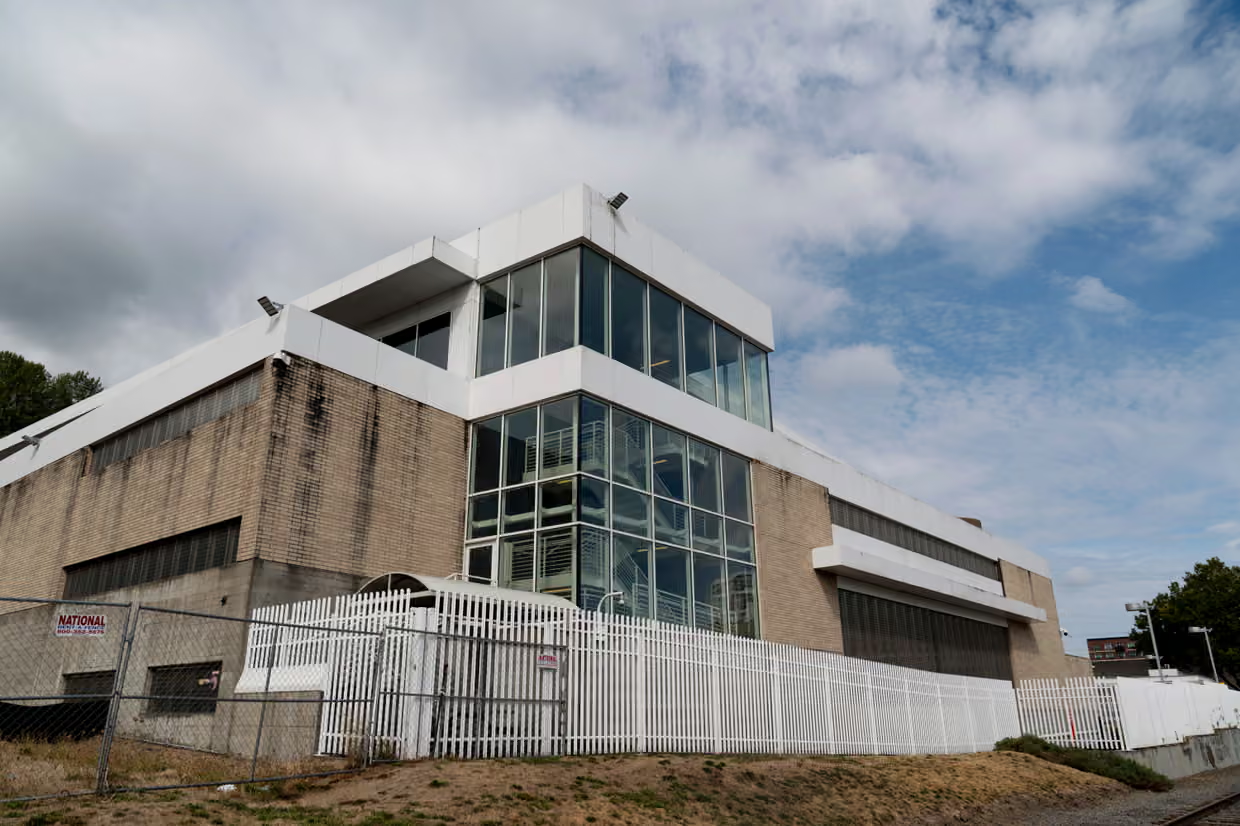PORTLAND, Ore. – City officials have warned the federal government that Immigration and Customs Enforcement (ICE) could face eviction from its Portland field office after an investigation revealed multiple violations of the facility’s local operating permit.
The conflict comes as President Donald Trump has threatened to deploy federal troops to Portland, while residents continue protesting outside the ICE building for more than 100 consecutive days.
Permit Violations Uncovered
On Sept. 18, Portland’s land use and zoning office notified the property owner that ICE had violated its conditional use permit, issued in 2011. That permit restricts the facility to:
Also Read
-
No more than 15 detainees per day
-
Holding detainees for fewer than 12 hours
-
No overnight housing
City data obtained through a Freedom of Information Act (FOIA) request showed at least 25 instances since January where detainees were held for more than 12 hours. On Jan. 26, agents detained 16 people, including citizens of Venezuela, El Salvador, Honduras, and Mexico, for over 27 hours.
The city also found that ICE had boarded up exterior windows without proper permits. Photos from June protests confirmed the alterations.
Neighborhood Concerns
The ICE office sits just two blocks from the Willamette River, across from an affordable housing complex and next to a K–8 school, which relocated in August. School leaders cited safety risks from federal agents’ use of tear gas and pepper balls during demonstrations.
Community opposition has been consistent. A group of Portlanders has maintained daily protests outside the facility for over three months, while an online petition demanding the city revoke ICE’s permit has gathered 18,000 signatures since February.
City’s Response
Mayor Keith Wilson said the investigation began in July after residents filed complaints. The city issued formal notice only after confirming the violations.
“We must remember this review was triggered by the federal government breaking promises to our community regarding the detention of human beings,” Wilson said in a recent statement.
The building’s landlord now has 30 days to correct the violations. If it fails, the city may impose monthly penalties, though ICE is allowed to continue operations while the process plays out.
Federal Pushback
The Department of Homeland Security (DHS) disputed the city’s findings. Spokesperson Tricia McLaughlin accused Mayor Wilson of “sanctuary politics” and claimed, without evidence, that he was obstructing ICE agents from removing “rapists, murderers, pedophiles, and gang members.”
McLaughlin added, “All detainees receive proper meals, medical care, and access to family and legal counsel.” DHS, however, did not provide documentation to support those claims.
Data from Syracuse University’s TRAC project shows that more than 70% of ICE detainees nationwide have no criminal convictions, and many who do were charged with minor infractions such as traffic violations.
Longstanding Tensions
This is not the first time Portland has clashed with Trump’s administration. The city council initially resisted ICE’s permit in 2011, citing concerns about protests and enforceability of detention limits. The permit was later approved on appeal.
More recently, in July 2025, Mayor Wilson issued an executive order aligning city employee policies with Trump’s rollback of federal diversity, equity, and inclusion rules. The move preserved $380 million in federal funding, but drew criticism from local leaders.
In August, the Justice Department sent Portland – along with dozens of other sanctuary jurisdictions – a letter warning of possible federal action unless it scaled back sanctuary protections.
Trump’s Threats
President Trump has repeatedly used Portland as a political flashpoint. Earlier this month, he suggested deploying the National Guard to the city, referencing news footage that blended images from Portland’s 2020 protests with current demonstrations outside the ICE office.
“Like other mayors across the country, I have not asked for – and do not need – federal intervention,” Wilson responded. “Portland will continue to rise to the moment as a proud sanctuary city, taking legal action to stand up for our community and our rights.”
Despite local resistance, Trump doubled down last week on his threat to send troops to Portland, further escalating the standoff.
What Happens Next
While Portland does not have the authority to immediately revoke ICE’s permit, the current violations process marks the first step toward potential accountability. If the landlord fails to remedy the issues, the city could escalate enforcement, eventually forcing ICE to comply with local land use rules or face eviction.
For now, Portland remains caught between local zoning authority and federal immigration enforcement, with protesters continuing to demand greater accountability. The dispute underscores both the political and community tensions surrounding ICE’s presence in the city.












